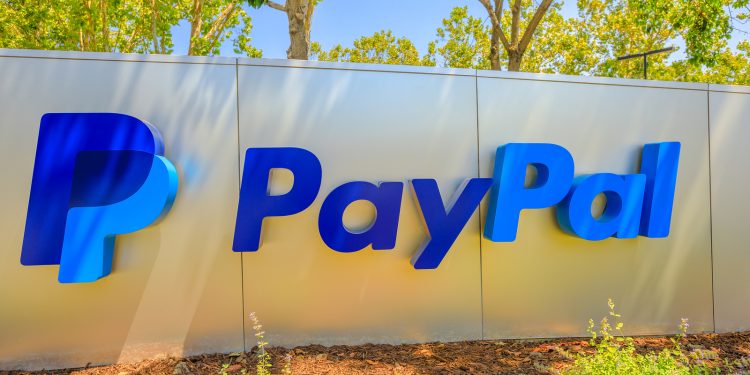PayPal has announced that it will withdraw from the Libra Association, which is yet another blow to Facebook’s planned digital currency. Whereas it is no secret that politicians and financial regulators are highly skeptical of Libra, this move is the first indication of a rift among the platform’s partners. It also underscores the challenge legacy financial institutions face as they try to enter the crypto space.
Some reports have indicated that PayPal’s decision is based largely on the regulatory backlash against Libra, and Facebook’s somewhat lax attitude toward resolving it. PayPal is also reported to be concerned about issues such as money laundering and drug sales. Nevertheless, it is unlikely that these matters alone, which PayPal has significant experience dealing with on its own network, would be enough to cause the company to abandon the Libra project.
PayPal is one of several payment processors that are associated with Libra. Mastercard, Visa, Stripe, and PayU remain as association members. It is important to note that these companies make their income from transaction fees charged on the movement of fiat currency. These generally range from two to five percent on each transaction. Given that Libra is designed to enable consumers and businesses to avoid these fees, it is perplexing that these processing companies are willing to participate in its development. Perhaps this fact may have some role to play in PayPal’s exit.
It is also highly likely that PayPal is developing a different strategy for addressing the cryptocurrency revolution. Given that virtually all of its transactions occur online, it is particularly vulnerable to the disruption that will soon take place as crypto goes mainstream. Earlier this year CFO John Rainey noted that the company was exploring distributed ledger technology, but was not presently interested in Bitcoin. PayPal has invested heavily in a blockchain startup known as Cambridge Blockchain, and it has filed for more than one cryptocurrency-related patent.
PayPal’s action raises questions as to its relationship with other Libra Association members. Its rapport with Ebay is already believed to be strained after the auction giant severed their long-standing partnership last year. Also, earlier this year PayPal became the default payment processor for Instagram, which is owned by Facebook. Needless to say, this partnership is likely to soon end.
Whatever its long-term plans may be, it is clear that PayPal has only made this move after significant study and deliberation. Its leaders clearly understand that blockchain assets are poised to cause a major disruption in the payment sector. The company’s very survival may likely depend on an ability to embrace this new technology on its own terms, and create new revenue models from it. It appears that PayPal has concluded that Libra is not a project that reflects these goals.























